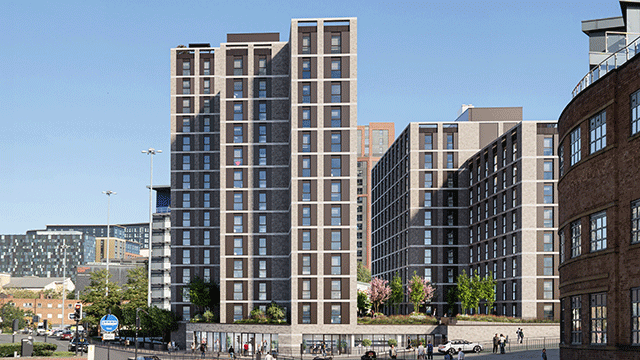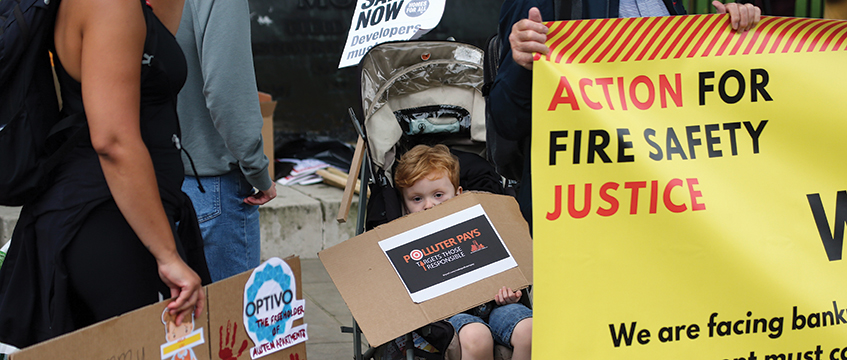Negligence – Solicitor – Right-to-buy application – Application expiring owing to inadequate advice form solicitor regarding time limits – Second application also expiring — Property subsequently purchased for larger amount – Whether causation established on negligence claim – Whether claimants failing to mitigate loss by proceeding with second application – Whether general damages for distress and inconvenience recoverable – Claim allowed in part
In 1999, the claimants, a mother and son, instructed a solicitor, D, to act for them on an application to purchase their home from the local authority under the right-to-buy provisions of the Housing Act 1985. D had joined the defendant firm in April 2000. Owing to his failure to give the claimants adequate warnings of the expiry of time limits under the right-to-buy procedure, in October 2000, the claimants’ application was deemed to be withdrawn and the claimants thereby lost the right to acquire the property for £49,000.
In March 2001, on the defendant’s advice, the claimant made a second application. However, that date, the value of the house had increased and the discounted price was £94,000. The second application also expired in December 2001. Ultimately, the claimants purchased the property in January 2005 for £177,000 on a third application, with funds that the first claimant had acquired in a successful business transaction.
The claimant brought proceedings against the defendant in respect of D’s negligence, claiming damages of £128,000, representing the difference between the purchase price on the lapsed first application and the price that they eventually paid. They further claimed general damages for distress and inconvenience caused to them at a time when they were suffering bereavement from the loss of a family member; they submitted that the house purchase was intended to be therapeutic for the entire family and that this had been known to D. The defendant admitted liability for negligence, but disputed the sum claimed on the ground of causation. They contended that: (i) the claimants had not in any event been in a financial position to exercise the first right to buy; and (ii) they had failed to mitigate their loss by proceeding on the second application.
Held: The claim was allowed in part.
On the evidence, sufficient funds had been available to the first claimant to enable him to proceed with the purchase of the property on the first application, had he been given proper advice that allowed him adequate time to comply with deadlines. The claimants had not had available funds to raise the purchase money for the second application. Further, it would not have been reasonable for the claimants to proceed with the second application since D was still their solicitor at the time and was maintaining his stance that the local authority could be persuaded to reopen their first right-to-but offer of £49,000. The claimants had not failed to mitigate their loss. They were entitled to damages of £128,000.
Damages for distress and inconvenience were not generally recoverable in respect of a failed conveyancing transaction. The object of the transaction was to transfer ownership. Although the fact of ownership might bring comfort to the claimants’ family following their bereavement, the transfer of ownership did not come within the category of contracts whose object was “to provide pleasure, relaxation, peace of mind or freedom from molestation”: Smyth v Huey & Co [1992] 236 NILR considered. All purchases of private property to some degree provided the satisfaction of ownership and, hopefully, the prospect of quiet enjoyment and the pursuit of a happy family life in many cases. Although that hope had been present to a much higher degree than would normally be the case for these particular claimants, that did not move the transaction into a different category from the ordinary residential conveyance: Farley v Skinner [201] UKHL 49; [2001] 3 EGLR 57; [2001] 48 EG 131; [2001] 49 EG 120 distinguished. Consequently, general damages were not recoverable.
Karen Shuman (instructed by Barnes & Partners) appeared for the claimants; Graham Chapman (instructed by Mills & Reeve, of Norwich) appeared for the defendants.
Sally Dobson, barrister








